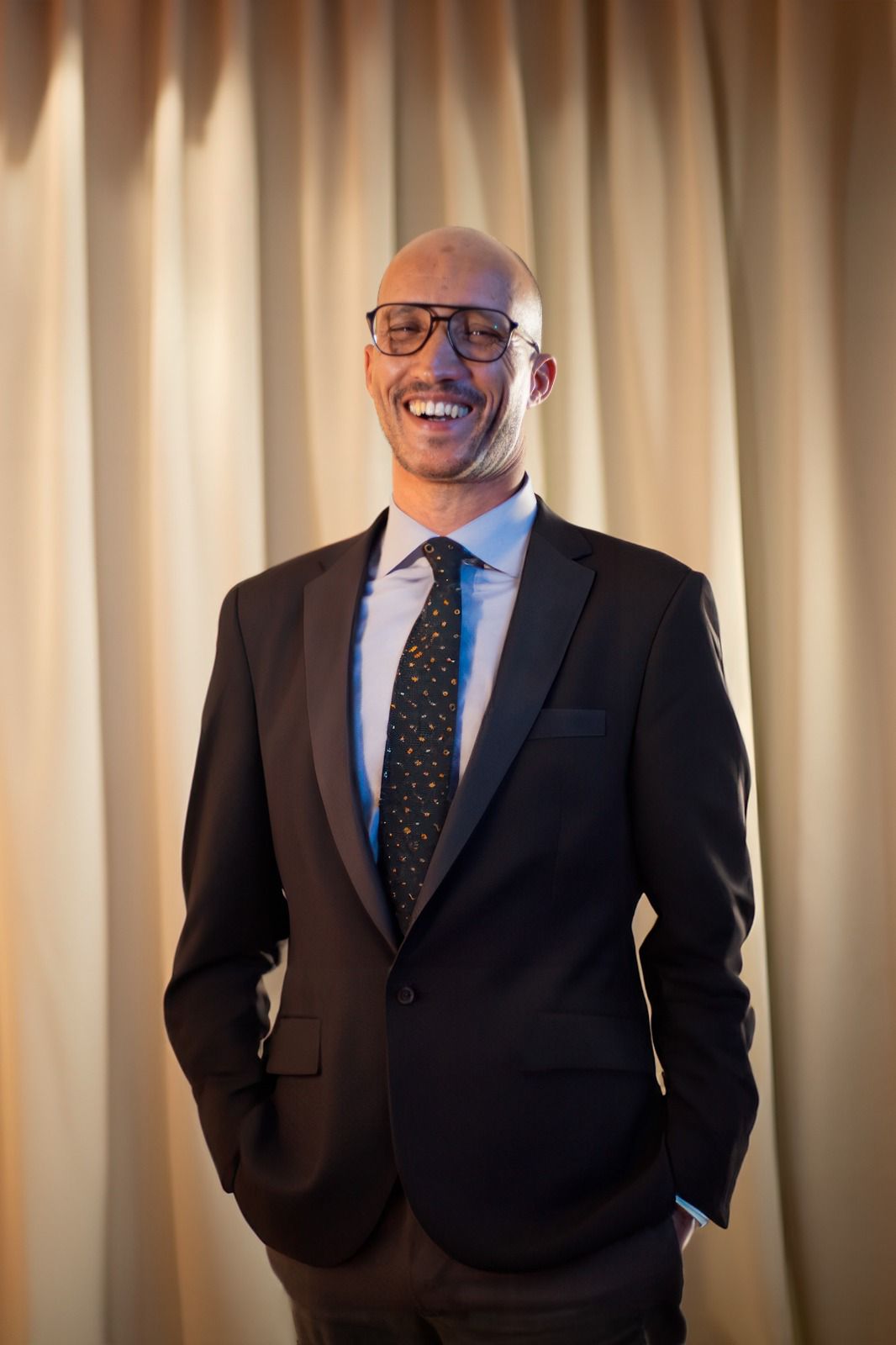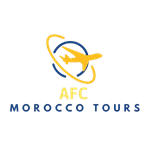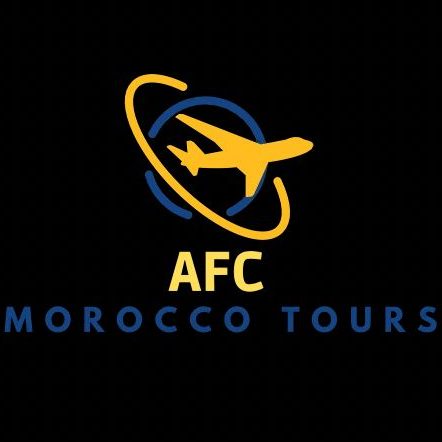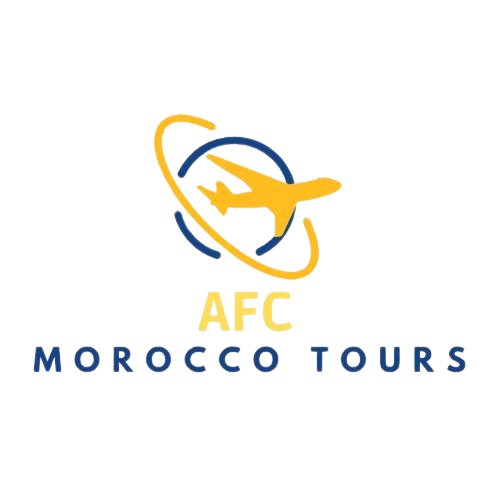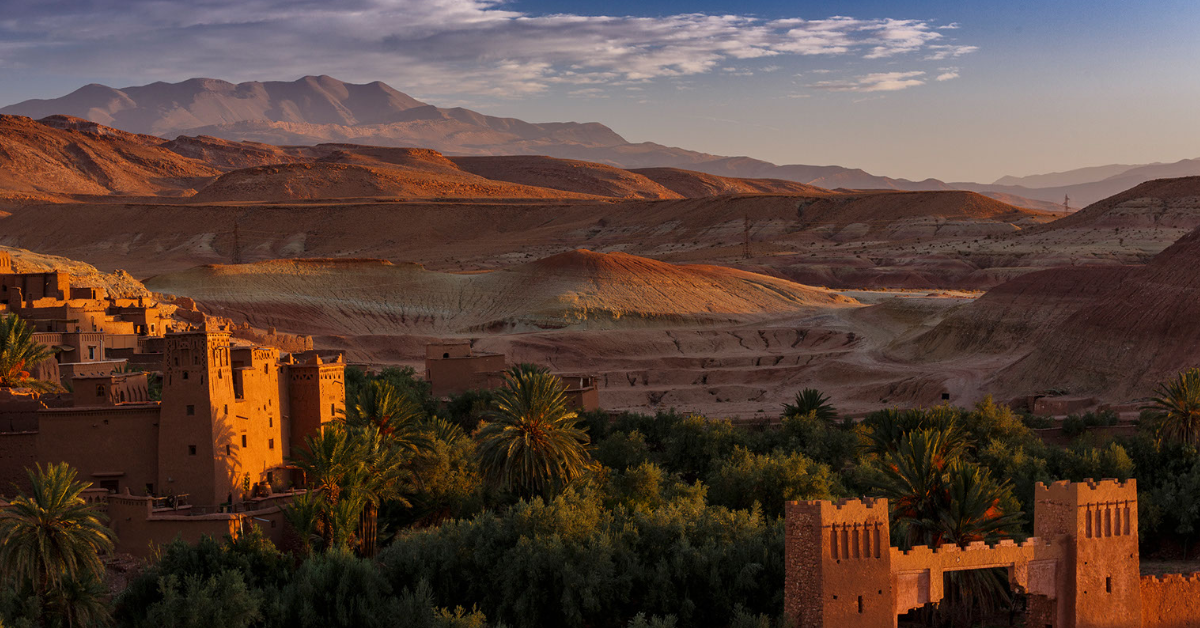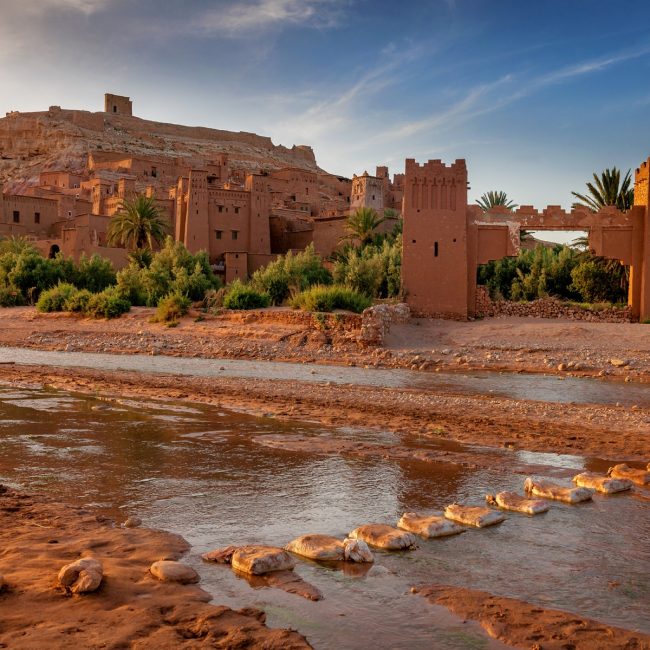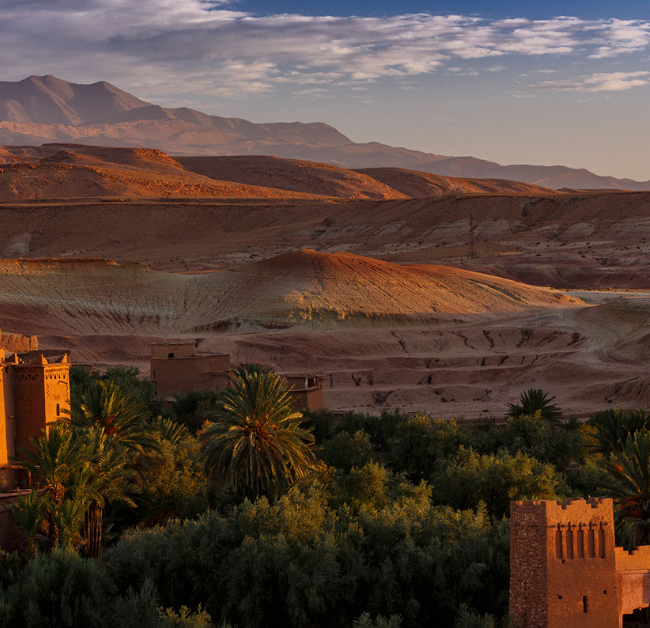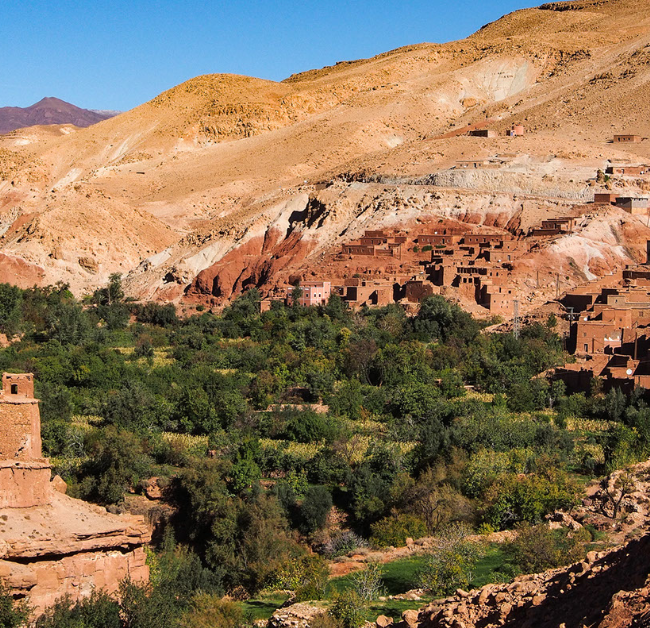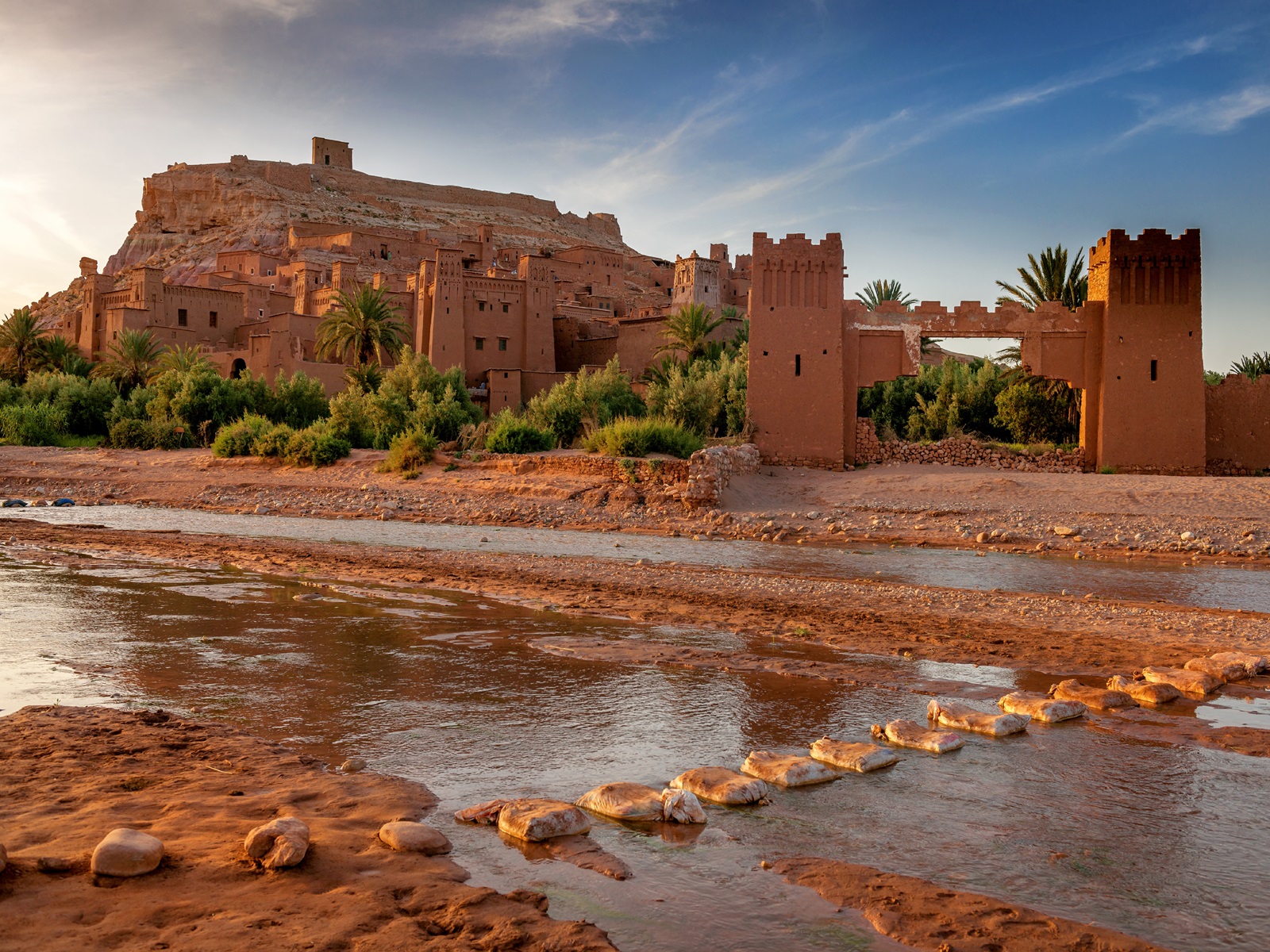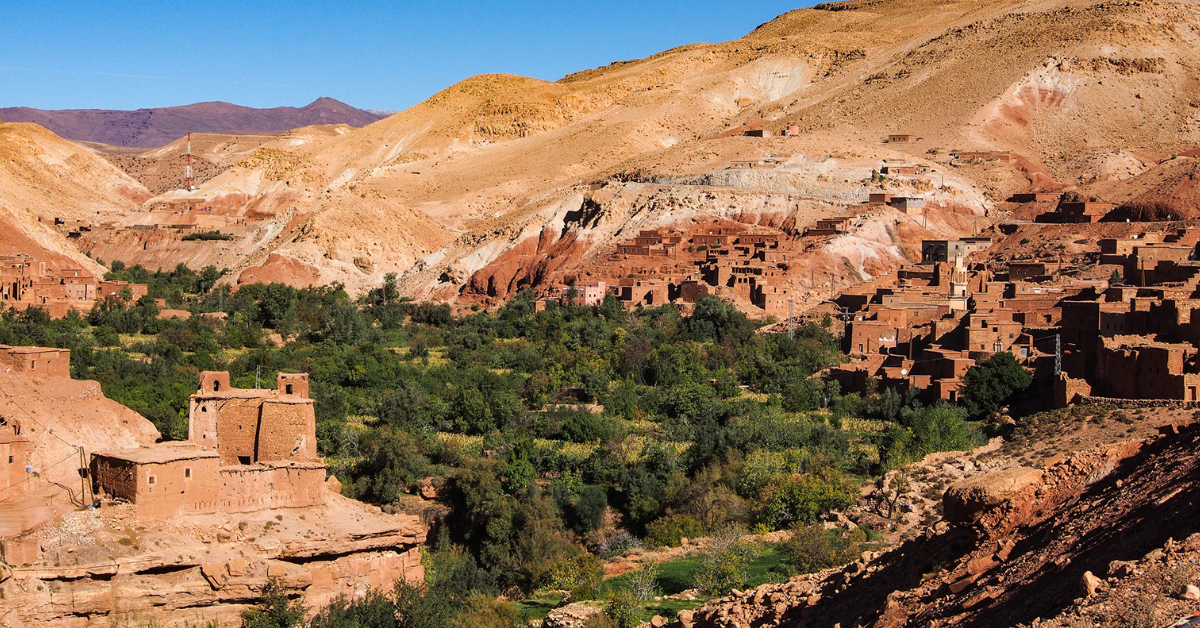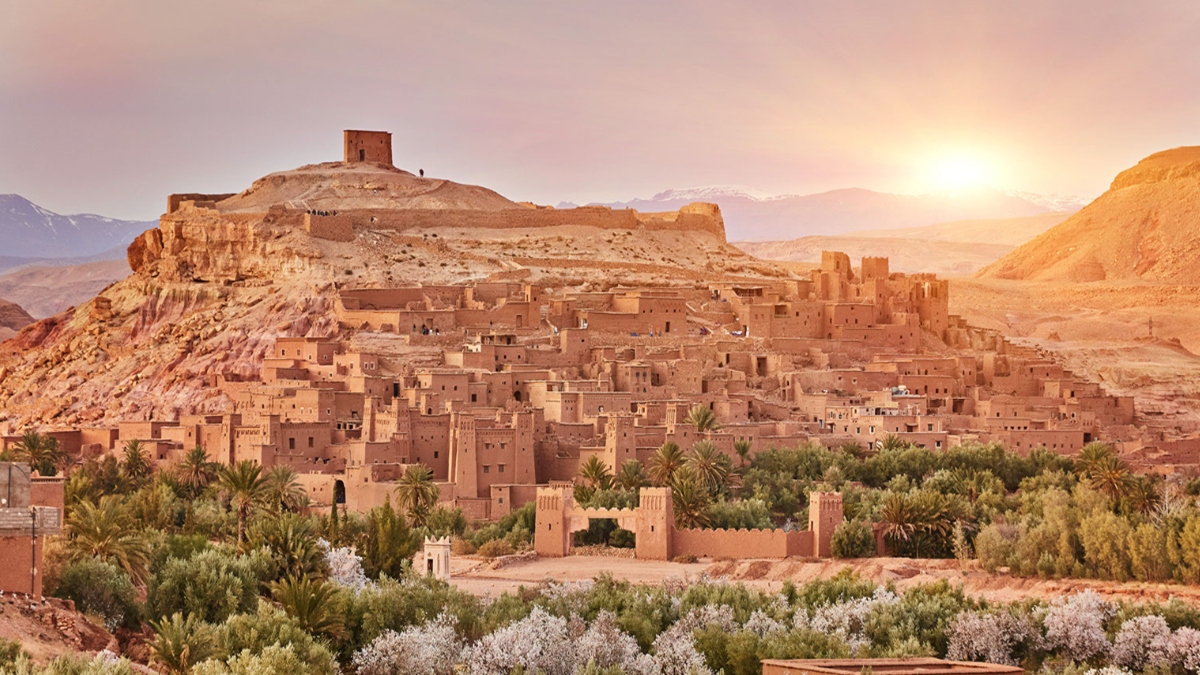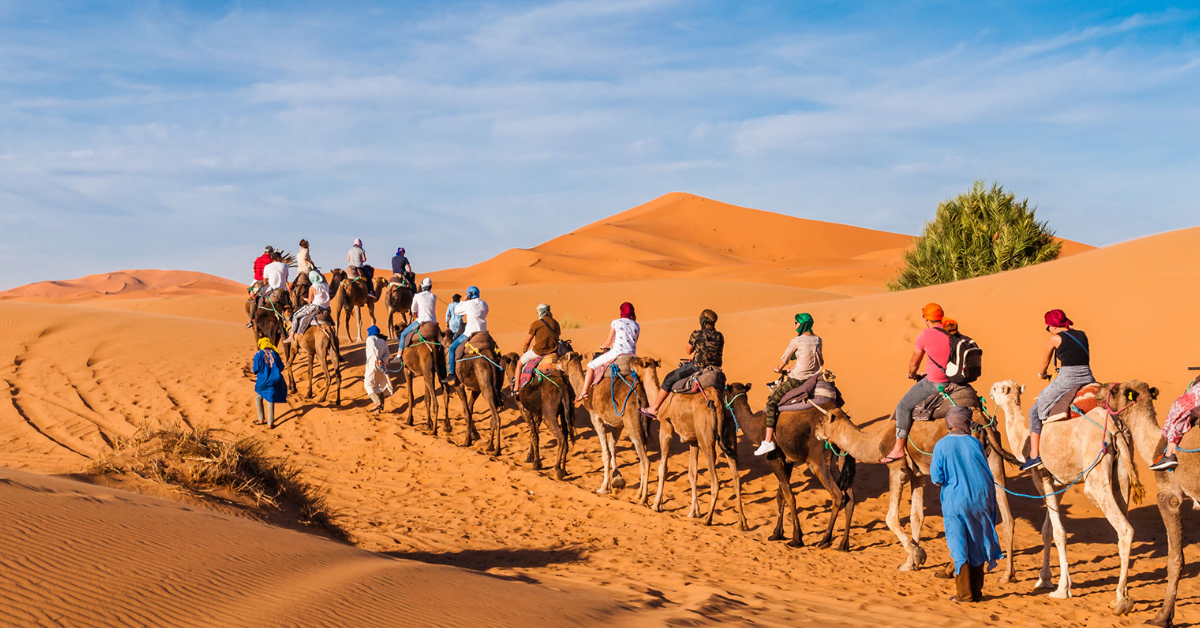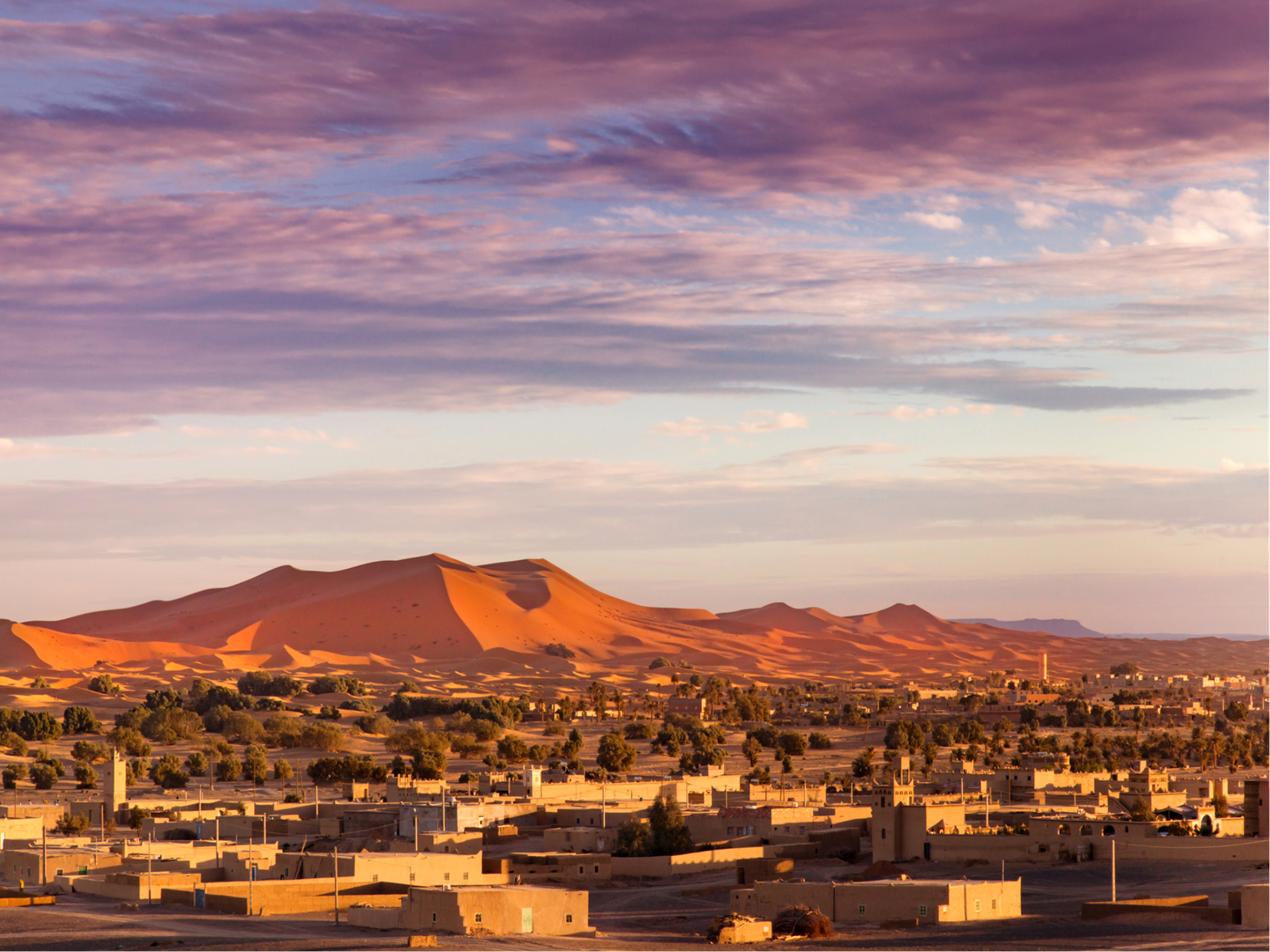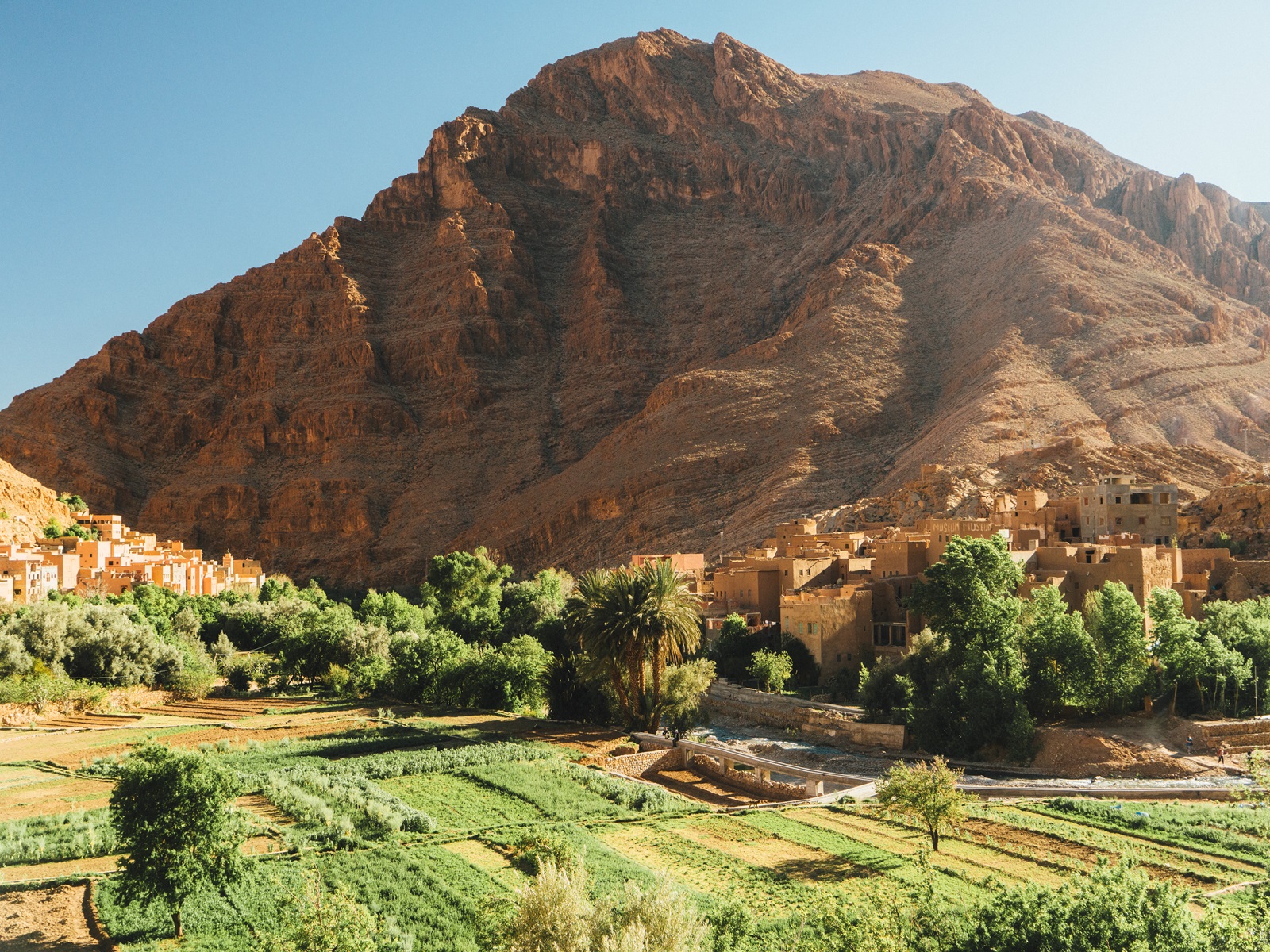3 Day Tour Fes to Marrakech Desert Trip
3 Day Tour Fes to Marrakech Desert Trip intends to catch Morocco’s features that combine every characteristic scene with urban fortunes, tasty gastronomy, intriguing nearby customs, and enough market and craftsman visits to take your breath away. Beginning from the domains of Marrakech – North Africa’s most brilliant commercial center, your Morocco tour rides through a horde of fields including desert garden, for example, date palmeries; the lower regions of the strong Chartbook Mountain extend and the daylight cruised boundlessness where the Sahara Desert unfurls.
To accommodate your own particular gathering, your capacity, and your time span, Our Fes to Marrakesh Desert outings leave every day lasting through the year from two members and that’s just the beginning.
-
Departure
Fes -
Departure Time
8 AM -
Return Time
6 PM -
Dress Code
Casual -
Included
Camel trek (one camel per guest)Entrance FeesMeals as per itineraryNew air-conditioned vehicle 4WD or Minivan/Mini BusOvernight in Desert Luxury CampPick-up and Drop Off ServiceProfessional driver/Tour guide during the tour -
Not Included
FlightsLocal guides in major cities: Fes; Marrakech, Casablanca mosque, Volubilis; Essaouira, Atlas MountainsLunches and drinks unless specifiedPersonal expenses
Tour Plan
Day1: Fes to Merzouga Erg Chebbi Sahara
Day 2: Merzouga to Dades valley
Day 3: Dades valley to Marrakech via Ait ben haddou kasbah
20 Things You Must Know Before Visiting Morocco Travel Tips
More and more people are visiting Morocco every year. It’s a beautiful country. If you plan on going, here are a few pointers to help you prepare for your trip.- Dress Appropriately
- Currency and Cost
- ATMs.
- Keep Correct Change with You
- Tipping
- Be Wary of Local Guides.
- Stay Away from Strangers Offering Free Tours or Directions.
- Fridays are Holy Days and Prepare for Holidays
- Careful What Water You Use
- Pack Some Immodium
- Watch Your Pockets
- What Language Do They Speak?
- Hello(Peace Be With You): Salam Alikome (salaam a eleikum)
- Thank You:Choukran (shokran)
- No Thank You: La Choukran (la shokran). This one is useful when you have a bunch of street vendors hassling you to buy something.
- Watch Out: Although you won’t use this yourself, you’ll most likely hear this in the medinas or souks (outdoor markets). It will be said by locals coming by with a mule, motorcycle, or cart and is a warning to move to the side.
- Visiting Mosques:
- Do I Need a Visa or Vaccines?
- Ask Before Taking Photos (And You May Have to Pay).
- Souvenirs to Bring Home:
****************************
Overall, Morocco is a beautiful country, and you will be happy to experience it. As long as you’re completely aware of your surroundings, and you go in with the right mindset and expectations, you can have a wonderful experience.
